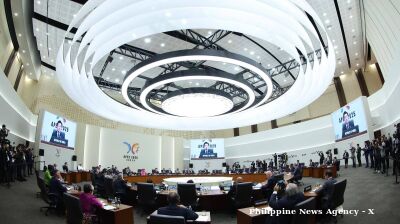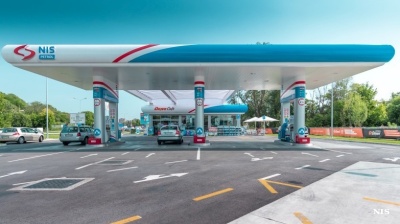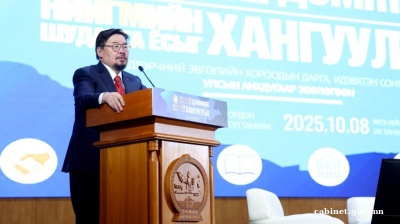The International Monetary Fund (IMF) is to delay disbursing bailout funds to Mongolia after MPs voted on September 7 to dismiss Prime Minister Jargaltulgyn Erdenebat and his Cabinet, the IMF said on September 14.
The funds under a $434mn Extended Fund Facility are part of a larger $5.5bn IMF-led bailout deal secured by Mongolia in February after a slump in commodities prices hit the mining-dependent country’s economic growth, while government overspending and disputes with investors made matters worse. The first flow of funds from the facility securing three years of credit were expected to amount to around $40mn.
“Once a new government is in place, we will engage with the authorities on further discussions of economic prospects and policies, and how best to move forward with the programme,” IMF resident representative Neil Saker told Reuters in an email.
The bailout package arranged with the IMF at the helm also includes soft loans from Japan and South Korea as well as an extended currency swap agreement with the People's Bank of China. Analysts said that lenders would no doubt be seeking assurances that under the next prime minister and his cabinet there will be no radical departure from previously set government policies.
From 2011 to 2016, Mongolian growth fell from 17% to 1% as the landlocked country of 3mn struggled to attract foreign investment in an environment of plunging commodity prices and disputes with Rio Tinto over the expansion of Oyu Tolgoi copper and gold mine. Mongolia’s economy has improved under Erdenebat’s government, growing 5.3% y/y in the first half of 2017 on the back of spiked demand for Mongolian coal in China. That is partly down to the banning of North Korean coal exports in response to Pyongyang’s nuclear weapons and missile testing.
The prime minister and his government were dissolved after allegations were raised of incompetence and corruption in relation to the awarding of government contracts worth MNT800bn ($330mn) to companies linked to three government members. Erdenebat, in office since 2016, also faces accusations that prior to the July presidential election runoff he distributed millions of dollars to families with children in an effort to win votes for his party’s candidate, who lost to populist business tycoon and ex-judo champion Khaltmaa Battulga of the Democratic Party.
The MPP leadership has also been castigated for refusing to punish senior representatives who allegedly had roles in a $25mn conspiracy to sell government positions. That claimed conspiracy has been cited as one of the main reasons that cost the MPP the presidency.
Following the vote, parliament was to appoint a new PM and cabinet within 45 days. The current officials will continue serving in the interim.
Mongolia has a tradition of dissolving governments before the end of their term - all governments bar one, under ex-Prime Minister Nambaryn Enkhbayar, have been dismissed in this manner. As many as 15 prime ministers have led governments in Mongolia since the peaceful democratic revolution of 1992.
News

Chicken and chips in Seoul - for Nvidia, Samsung and Hyundai
In a low-key fried chicken shop in southern Seoul, the leaders of Nvidia, Samsung Electronics and Hyundai Motor held an informal meeting on the evening of October 30.

Presidents Lee and Xi begin diplomatic chapter at APEC summit
President Lee, who is chairing the first session of the summit at the Hwabaek International Convention Centre, stood at the entrance to personally welcome participants. President Xi reached the venue at approximately 10:02.

South Korea opens APEC summit focusing on connectivity and growth
South Korean President Lee Jae Myung chaired the opening session of the Asia Pacific Economic Cooperation (APEC) Leaders’ Meeting on the morning of October 31 in Gyeongju, North Gyeongsang Province.

Serbia’s NIS posts 9-month net loss as US sanctions weigh on performance
NIS, majority-owned by Russia’s Gazprom Group, said it had operated in “extremely complex circumstances” after sanctions were announced by the US Treasury Department.




